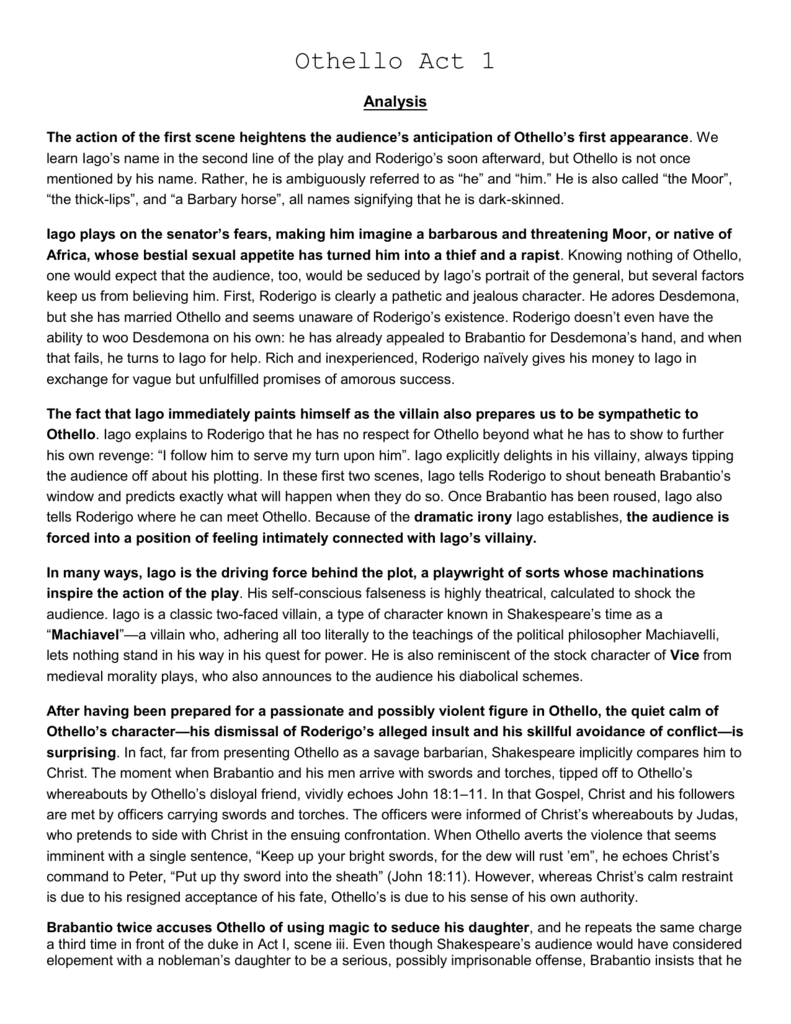


Chaucer, seen as the fall from prosperity to wretchedness- this is simplistic as it only defines the inescapable trajectory of the tragic action but not its cause- its reserve about who/what is responsible speaks of tragedy’s fearful incomprehensibility- this definition finds its most powerful analogue in the silences of Shakespeare’s tragedies- uncertainty is the point as it is the emotional truth of the struggle rather than the metaphysical truth of the worldview that is central and the refusal of answers prevents confident attribution of meaning or value to human suffering- Shakespeare did not write tragedy with a fully developed theoretical conception of the genre (uncompensated suffering) however successive plays reveal an ever more profound formal acknowledgement of their desolating controlling logic – Shakespeare’s understanding of tragedy came from medieval articulations e.g. Kastan: Shakespearean tragedy (“A rarity most beloved”: Shakespeare and the Idea of Tragedy) – the play is a ‘fantasy of love and social tolerance’ and a ‘nightmare of racial hatred and male violence’- white woman goes against social norms to marry a black man- Iago can be successful because Othello is predisposed to belief in ideas about the inherent duplicity of women and the fragility of his ‘unnatural’ relationship, ideologies only work because they are not external to us- Othello combines and reshapes images of blacks and Moors (the good and the bad)- Venice was seen as a place of female ‘openness’ and political and mercantile openness- it became an ideal to some and was used to critique England- it was also a dangerous model for the English, openness viewed as dangerous by a society suspicious of outsiders- tensions exist between the state and family (Duke and Brabantio) but the two were often equated in contemporary political rhetoric Loomba: Othello, race and society (Othello and the Radical Question) – at the end of the play Othello remains the same and there is no tragic self-discovery- self-dramatising in his final speech, he sees himself as tragically pathetic, this is also the reverse of a reason for us to sentimentalise too- tragedy is contained and concentrated in the final speech / action and this could not have been the same if he had ‘learnt through suffering’ Leavis: The character of Othello (Diabolical Intellect and the Noble Hero) – he is not a straightforward character so there are different responses to him- the audience/reader reaction changes and may come close to sympathy at times- dramatic perspective makes the audience/reader his accomplice as he confides in us- however the reader is more able to control their view of Iago- he is the play’s chief humorist which can blind readers to his sadism and his humour is only intended to give pain or allow him to enjoy a sense of superiority- he feels a godlike sense of power- his victims lack humour so he seems cleverer and more amusing, dramatic perspective makes us see with his eyes and share in his jokes- however his cleverness shouldn’t be overstated as he is bad in any long-term strategy, he neither felt nor understood the ‘spiritual impulses that bind ordinary human beings together’ Honigmann: The portrayal of Iago (Othello)


 0 kommentar(er)
0 kommentar(er)
